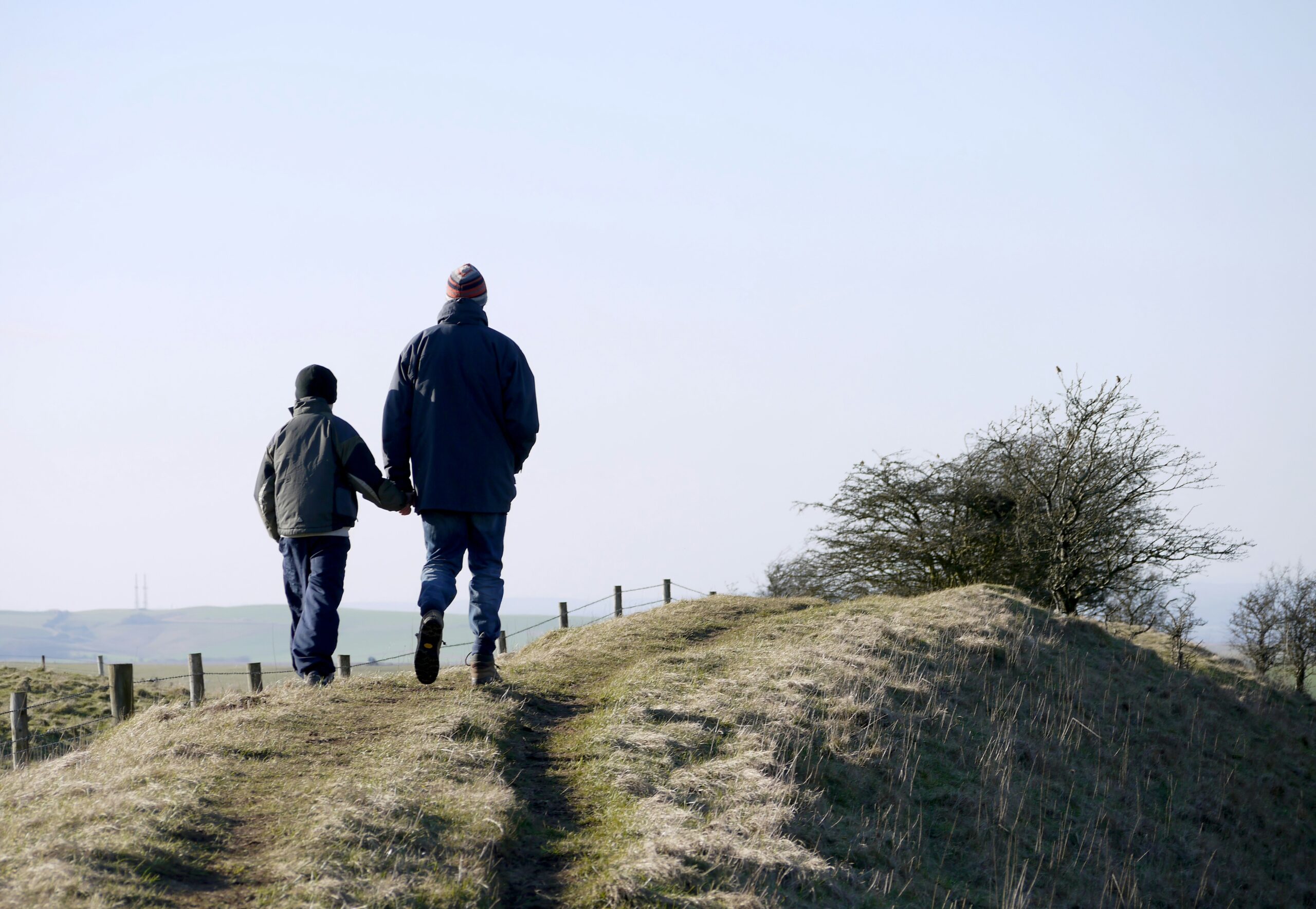Family
Complex dynamics and messy relationships can often come to mind when we consider family. As we seek intimacy with the Lord, He comes alongside us in the brokenness and reminds us of our relationship with Him as our loving Father.
Finding the Right Identity in Our Work
Paul David Tripp
Finding the Right Identity in Our Work
Finding your identity in your career can lead to workaholism. Discover how rooting your worth in Jesus brings true freedom, balance, and purpose to your work.
Paul David Tripp
How To Release Control and Trust God with Your Child
Dr. Stacey Davis
|13 Min
How To Release Control and Trust God with Your Child
This article invites parents to surrender control by praying the Priestly Blessing and teaching them to entrust their children to God’s care through prayer.
Dr. Stacey Davis
|13 MinShaping the Next Generation
Dr. Crawford Loritts
|May 4Shaping the Next Generation
Discover God's purpose for family, the mission of parenting, and seven key investments for shaping future generations.
Dr. Crawford Loritts
|May 4Fatherhood: A High + Holy Calling
Grant Partrick
|Jun 16Fatherhood: A High + Holy Calling
Grant Partrick
|Jun 16A Letter to Young Fathers
Kevin Marks
|6 Mins
A Letter to Young Fathers
From one dad to another, Kevin Marks shares some of the foundational principles he has learned as he has navigated being a father.
Kevin Marks
|6 MinsHow To Talk To Your Kids About Good Friday
Emily Vogeltanz
|3 MinsHow To Talk To Your Kids About Good Friday
Emily Vogeltanz
|3 MinsHow to Navigate Conflict
Ben Stuart
|Feb 25How to Navigate Conflict
Ben Stuart
|Feb 25The Beauty of Belonging
Mikado Hinson
|Feb 4The Beauty of Belonging
Mikado Hinson
|Feb 4Flourish in Kinship: A 5-Day Journey Through Ruth
Flourish: A Mentoring Journey
|5 DaysFlourish in Kinship: A 5-Day Journey Through Ruth
Flourish: A Mentoring Journey
|5 DaysPositioned for Powerful Influence
Louie Giglio
|4 MinsPositioned for Powerful Influence
Louie Giglio
|4 MinsHow to Talk to Your Kids About Prayer
Susan Robinson
|4 MinsHow to Talk to Your Kids About Prayer
Susan Robinson
|4 MinsHow to Talk to Your Kids About Why Bad Things Happen
Susan Robinson
|3 MinsHow to Talk to Your Kids About Why Bad Things Happen
Susan Robinson
|3 Mins

